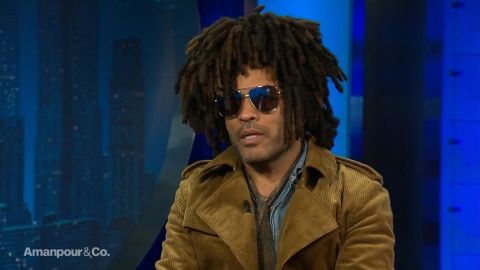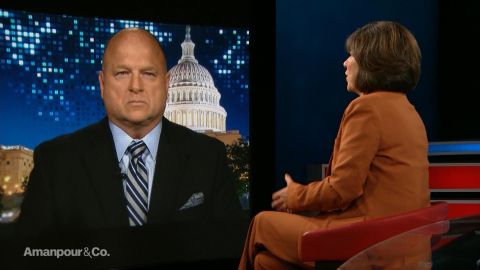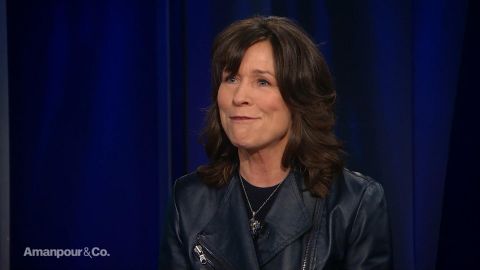Read Transcript EXPAND
KORI SCHAKE, FORMER U.S. STATE DEPARTMENT OFFICIAL: And the president underestimates how damaging it is to American policies, and not just in the Middle East, for the United States to be unreliable like that.
CHRISTIANE AMANPOUR: So, we are talking essentially about presidential leadership as this new year starts. We just heard about leadership at home and now, global leadership. One of the criticisms is that he has sort of distanced allies and accommodated adversaries and competitors and seemed to, as you just said, be an unreliable friend, in other words not necessarily want American global leadership.
SCHAKE: Yes.
AMANPOUR: What do you think — I mean, clearly, he got the message and he under advisement is not going to do this shock thing in Syria immediately. That’s a good thing, right? There was a debate, there was a statement, there was backlash, there was back and forth and he’s now reversed himself or adjusted the move right now.
SCHAKE: You’re absolutely right. It’s a better policy that he appears to be adopting. But that policy was also available to him a month ago and he would have still had a competent defense secretary and he would have still had American allies fighting in the region who believed they could rely on us and that is the opportunity cost of the president choosing to make policy in such an erratic way.
AMANPOUR: So, before I get to Secretary Mattis because you wrote a book with him, you edited a book that with him and you are quite close to his thinking and you know quite a lot about him. Now, before I get to that because he was considered by — certainly by allies all over the world as somebody with the experience and the heft that they could rely on to continue traditional American foreign policy. Let’s get to that in a moment. I want to ask you what you think beyond ISIS would have happened if President Trump had left the field open to Russia, to Iran, to Assad. And he even said, you know, at this same press up, “Iran can have it. We don’t care, it’s just a bunch of sand and death.”
SCHAKE: Yes. So, several things. First, I think you should anticipate that Turkey will move against the Kurdish forces certainly in Syria, possibly even in Northern Iraq because the weakening of the government of Iraq is another consequence of President Trump’s, obviously. I think you should expect Russia to have a long-term military presence in Syria because after all Bashar al-Assad would not still be in power if Russia hadn’t moved in militarily to protect him. I think you should expect Iran and Russia to be elbowing each other for the glory that comes with that. The Iranians did the hardest most dangerous work on the ground, they are now even in Southern Syria, something they Israelis are having to deal with, that too is a consequence of President Trump saying that the Iranians can do whatever they want. And it destroys our policy towards Iran, which —
About This Episode EXPAND
Christiane Amanpour speaks with David Urban about President Trump’s 2020 campaign; and Kori Schake about America’s global leadership in 2019. Hari Sreenivasan speaks with musician and actor Lenny Kravitz about his life and career.
LEARN MORE


